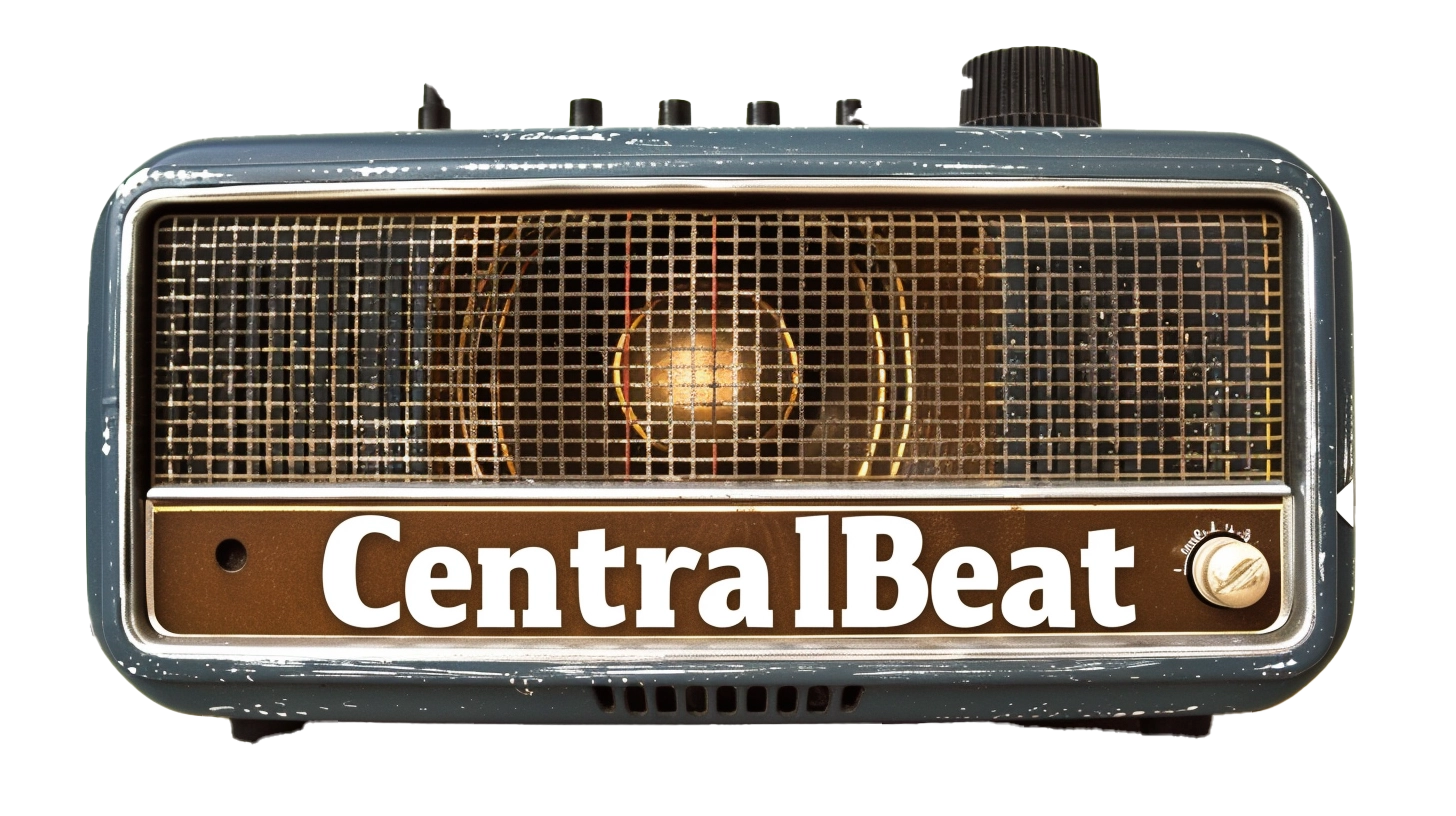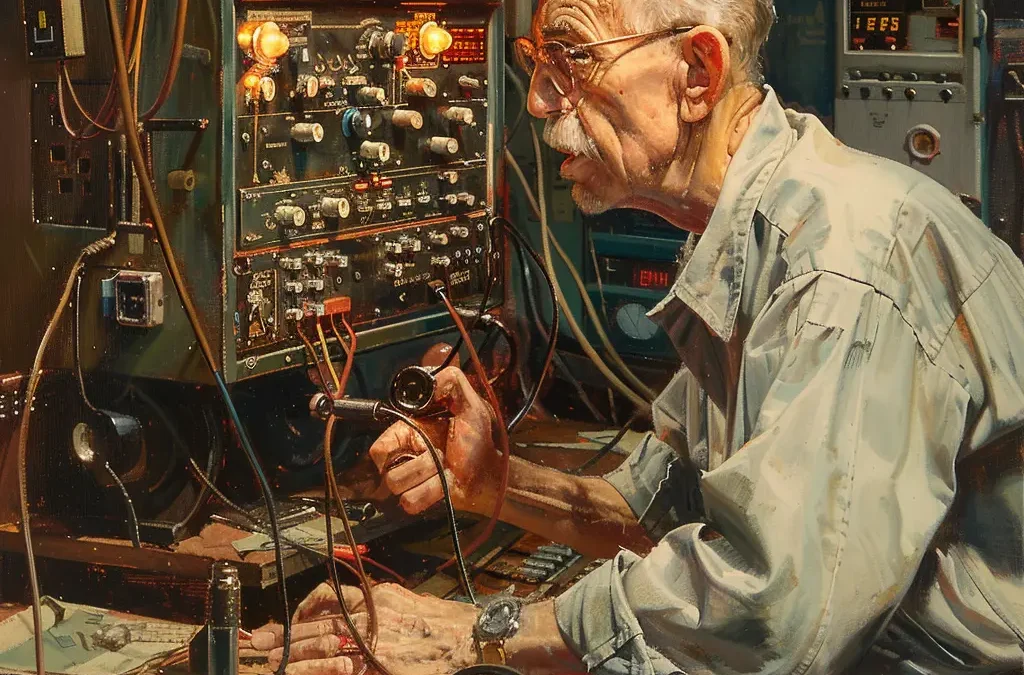Curious about ham radio? Also known as amateur radio, it’s a popular hobby with over a million enthusiasts worldwide. Equip yourself with a transmitter, receiver, and antennas, and you’re all set to explore the exciting world of ham radio!
The Basics of Ham Radio
Amateur radio is packed with diverse activities to keep you engaged for a lifetime. Whether you’re chatting with fellow enthusiasts across the globe, tinkering with your setup, or diving into emergency communications, there’s never a dull moment.
Here are some key aspects:
- DXing / HF Operation: Connect with radio stations worldwide from the comfort of your armchair.
- UHF / VHF And Microwaves: Local communication made easy with repeaters and high-frequency bands.
- Make New Radio Buddies: Forge friendships with like-minded individuals and meet up at radio events.
- Data Communication: Explore digital modes and link your PC to your radio gear.
- For Research Studies: Contribute to valuable research, especially in radio propagation.
- Emergency Situations: Provide crucial communication support during disasters.
And it doesn’t stop there! Ham radio can even pave the way for rewarding career opportunities in electronics and communication.
Understanding the Amateur Radio Spectrum
Ham radios operate within the radio wave spectrum, utilizing electromagnetic waves for communication. The spectrum encompasses various frequency bands allocated by the FCC for different radio technologies and applications.
Here’s a breakdown of two key bands:
- Very High Frequency (VHF): Reliable and less prone to interference, ideal for local communication via repeaters.
- Ultra-High Frequency (UHF): Offers better signal quality but can be affected by solid objects.
Getting Started with Ham Radio
Interested in building your own ham radio setup? With affordable kits available online, you can kickstart your radio journey without breaking the bank. All you need are key components like receivers, transceivers, and antennas, along with a license to operate legally.
Speaking of licenses, there are three types available:
- Technician: Entry-level license for operating in UHF, VHF, and microwave bands.
- General: Grants access to HF bands in addition to Technician privileges.
- Extra: Offers exclusive bands and advanced operating privileges.
So, whether you’re a beginner or a seasoned enthusiast, ham radio offers endless possibilities for exploration and connection. Dive in and discover the fascinating world of amateur radio!

